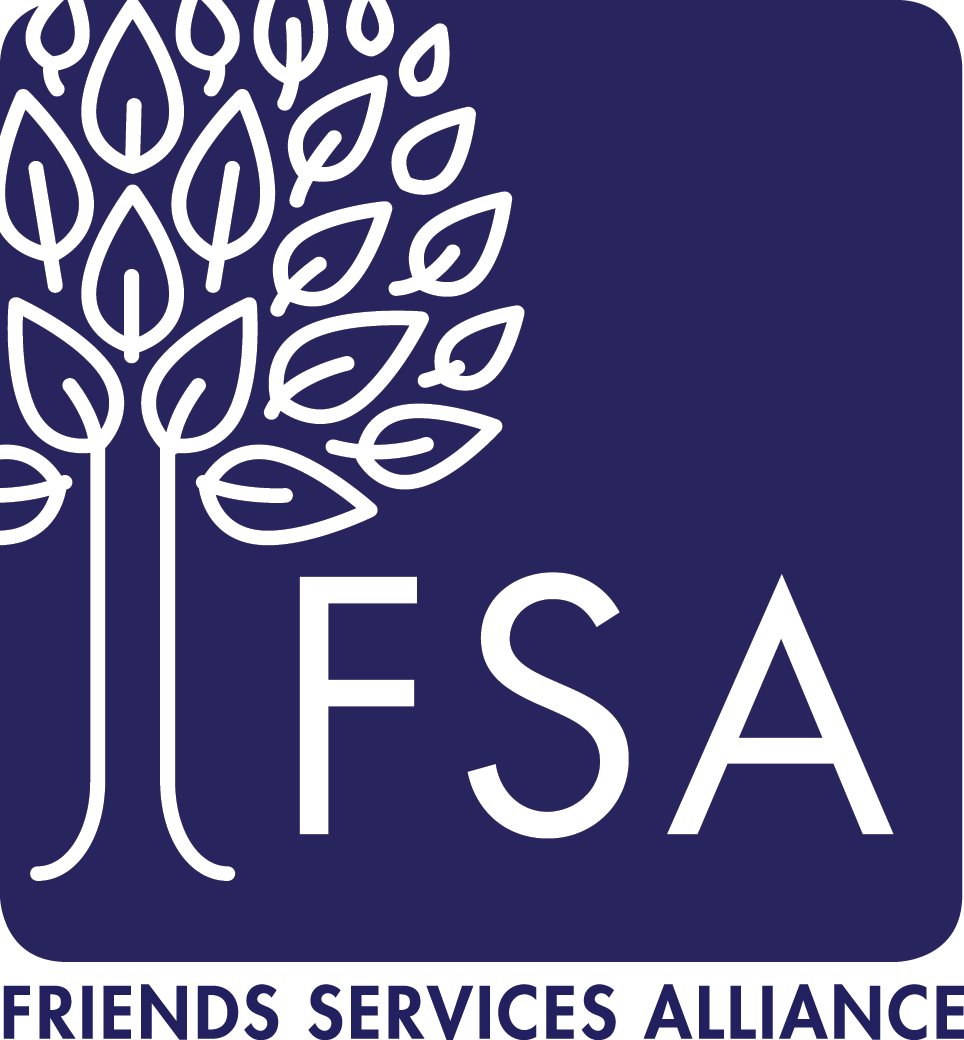Video Reflection Questions: FAQs
Quakerism: Frequently Asked Questions
Q: What is the most important thing you think I should know about Quaker values?
A: The most important thing about Quaker values is that there is the spark of the divine in everyone and deep listening brings this out.
Q: What does it mean to "trust the process"?
A: “The Quaker process” is taking the time to be deliberate and thoughtful about how to accomplish a task; building the sense of community by hearing people who will be impacted as we move to make a decision.
Q: What does it mean to “hold someone in the light"?
A: The meaning of "holding someone in the light" is consistent with "I will pray for you." It refers to the divine shining their light of love and goodness onto a person and holding them in the spirit.
Q: Who leads a Quaker meeting?
A: Quaker meetings are “Led by the Spirit.” There are no paid positions and meetings are often led by volunteer committees (examples include Worship, Finance). A facilitator/clerk/chair is someone who moves the process forward of the meeting and runs the monthly business meeting.
Q: What does it mean to "season a decision"?
A: To "season a decision" means the group is going to spend some time ensuring everyone’s perspective is heard. This gives the community time to understand the issue/decision from all perspectives for the benefit of all involved.
Q: Are Quakers Christian?
A: Quakerism is an individual religion about your lived/faith and your connection to the Divine.
Q: Do Quakers baptize their children?
A: In unprogrammed, it is not typical to have outward baptism. We talk about being baptized by the Spirit.
Q: Why do you take a moment of silence?
A: Taking a moment of silence gives you an opportunity to clear your mind to focus on the task at hand, to open your mind to hearing the perspectives of others, to deep listening of all that’s going on so that we are able to think about things as a community.
Q: Are Quakers political?
A: It is an individual faith and choice however there’s a long history of Quakers being involved in social activism (women’s rights, abolition, education, gun control, and prison reform).
Q: How do Quakers feel about serving in the military?
A: Most Quakers are Pacifists. Many register as conscientious objectors and Quakers helped this idea along.
Q: Are Quakers Amish?
A: No
Q: Are Quakers and Puritans the same thing?
A: No
Q: Do Quakers celebrate birthdays?
A: Yes. It is an individual choice how it is celebrated.
Q: Why use “Thee/Thou” and how do you use these terms?
A: "Thee" and "thou" are used to address an individual rooted in the desire to not distinguish between the common and royalty, but is rarely used today. “How does thee feel about this issue?” “What is thou’s opinion of this issue?”
Q: How do Quakers worship?
A: It depends on the tradition/practice:
- Unprogrammed – Worship in silence and expectant listening.
- Semi-programmed – Quaker pastor who will lead part of the worship service with a period of silence.
- Evangelical – Quaker pastor who will lead the whole service.
Q: Are there many Quakers?
A: There are 75,000 in the US. The fastest growing is the Evangelical tradition in Africa and South America.
Q: What does it mean to be "In the Care of?"
A: “In the care of” describes an entity for which a meeting (house) takes responsibility or is connected/available to. An entity might include a marriage, Friends School, or another meeting.
Q: What do Quakers wear?
A: It is an individual choice. In the past, it may have been black attire, but today Quakers wear anything they choose. Lucretia Mott said, “Please do not pay attention to what I wear. Pay attention to my deeds.”
Q: Do kids go to meeting?
A: Yes. They may not be present for the entire meeting for worship, only at the beginning and the end. At some meetings, there is Sunday school.
